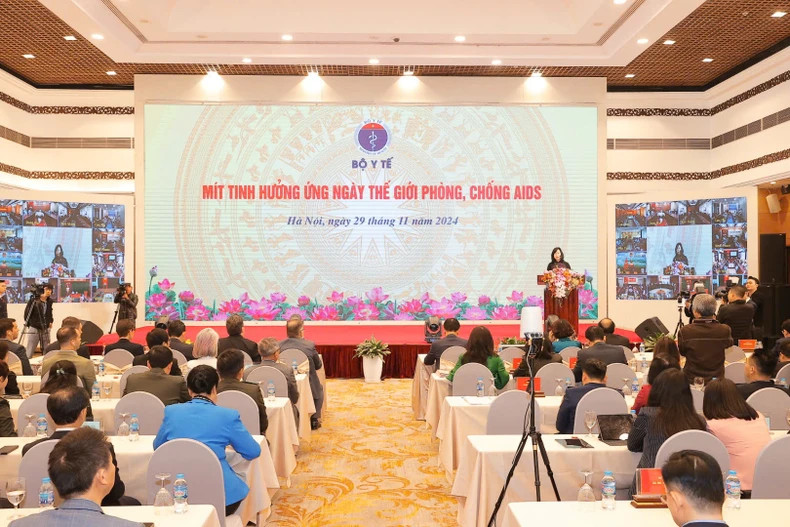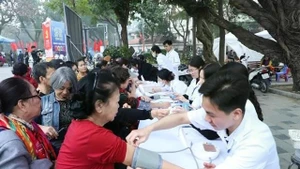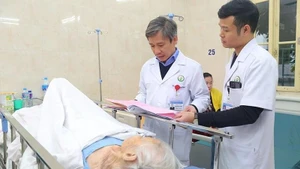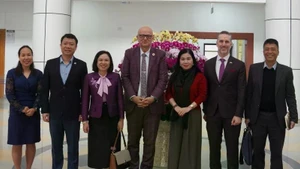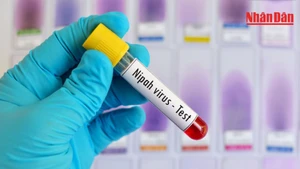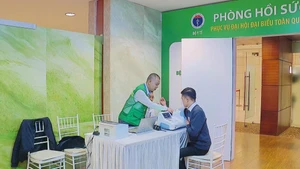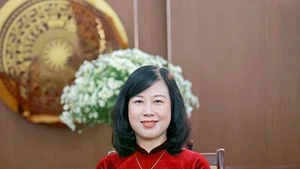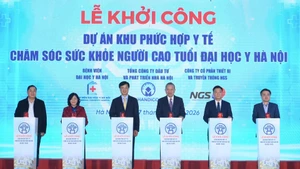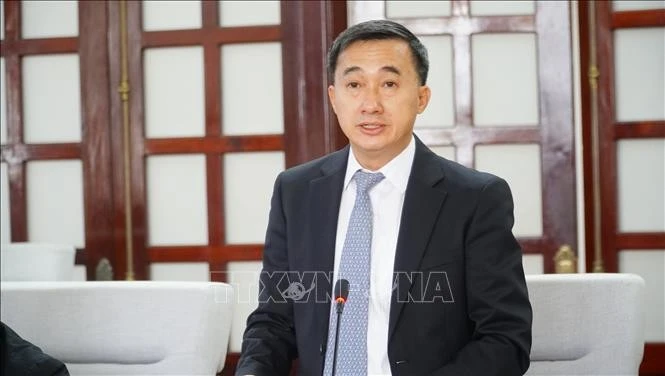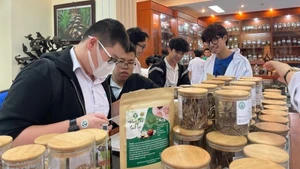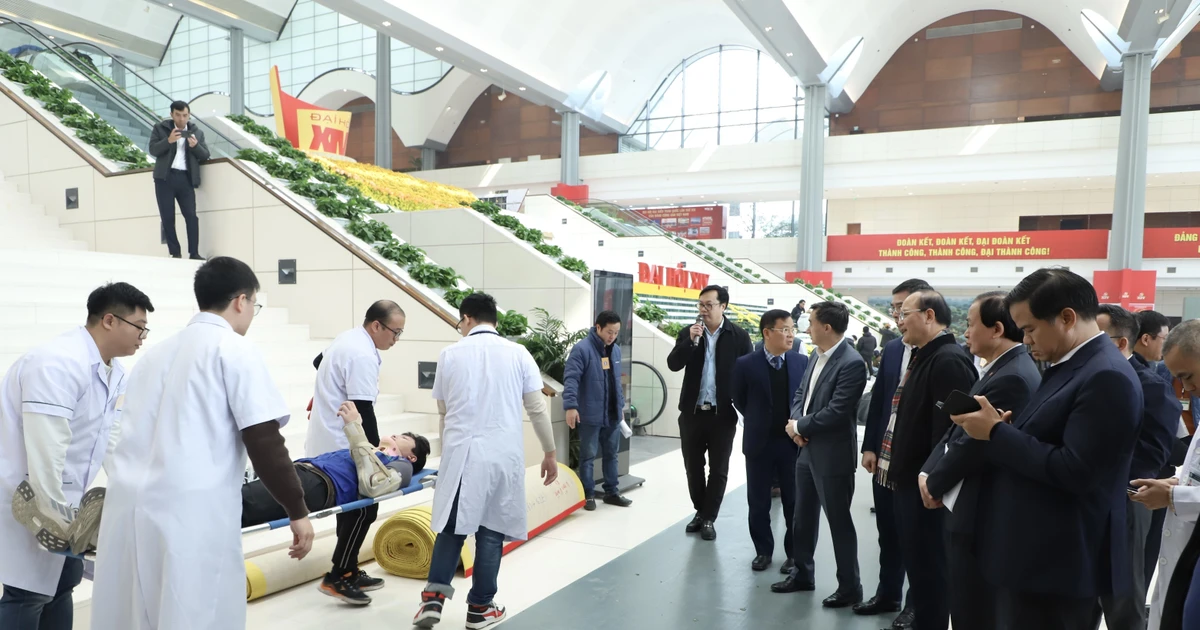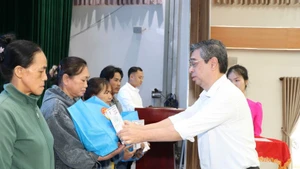Speaking at the meeting, Deputy Prime Minister Le Thanh Long, who is also Chairman of the National Committee for AIDS, Drugs, and Prostitution Prevention and Control, said that the Vietnamese Government remains committed to prioritising resources, developing synchronous policies, and implementing effective measures for HIV/AIDS prevention and control.
He emphasised that this event calls on every individual, organisation, community, and nation to join hands, share responsibility, and demonstrate resilience to protect their health and communities. He reaffirmed Vietnam's commitment to creating a society free from fear and stigma toward people living with HIV.
Vietnam has made notable strides in combating HIV/AIDS, with key milestones such as reducing new HIV infections and AIDS patients, lowering AIDS-related deaths, and curbing disease progression. However, Long acknowledged that challenges remain, and the HIV/AIDS epidemic continues to threaten public health and socio-economic development while stigma and discrimination against people living with HIV persist.
To meet the goal of ending AIDS in Vietnam by 2030, he urged ministries, central agencies, local authorities, and socio-political organisations to integrate HIV/AIDS prevention and control into broader economic and social development plans. He also called for the continued implementation of Party guidelines and State policies, along with increased investment and financial support for prevention efforts.
The health sector was tasked with mobilising and efficiently utilising all resources while leveraging advancements from the Fourth Industrial Revolution to combat HIV/AIDS. Efforts should prioritise high-risk areas and focus on specialised prevention and control measures.
“The health sector must ensure easy access to HIV/AIDS prevention services for the public, involve private healthcare providers in treatment, enhance professional capacities, and offer appropriate incentives for persons engaging in anti-HIV/AIDS work,” Long stressed.
He also expressed gratitude to international partners, urging them to continue supporting Vietnam with financial resources, technical expertise, and the adoption of global best practices.
Minister of Health Dao Hong Lan highlighted Vietnam’s remarkable progress over nearly 35 years of implementing the anti-HIV/AIDS programme, which has positioned the country as a regional and global leader in HIV/AIDS prevention and control.
“Vietnam has implemented comprehensive strategies, providing services that range from prevention to testing and treatment while significantly expanding programme coverage,” she said. By 2024, approximately 48,000 individuals are expected to receive opioid substitution therapy, and 70,000 access pre-exposure prophylaxis (PrEP).
In 2023, Vietnam led the Asia-Pacific region in PrEP treatment, preventing HIV transmissions in 97% of users. Each year, HIV testing and counselling programmes reach over 2 million people, with approximately 11,000 new cases detected.
Currently, around 183,000 HIV carriers in Vietnam are receiving antiretroviral (ARV) therapy, with over 97% achieving undetectable viral loads. This places Vietnam among the global leaders in HIV treatment quality.
Eamonn Murphy, UNAIDS Regional Director for Asia-Pacific, Eastern Europe, and Central Asia, emphasised that now is a critical moment for Vietnam to intensify its HIV response and achieve its national goals.
US Ambassador Marc E. Knapper hailed Vietnam as a global model for other nations, highlighting its leadership in maintaining a robust HIV/AIDS prevention and response strategy.
